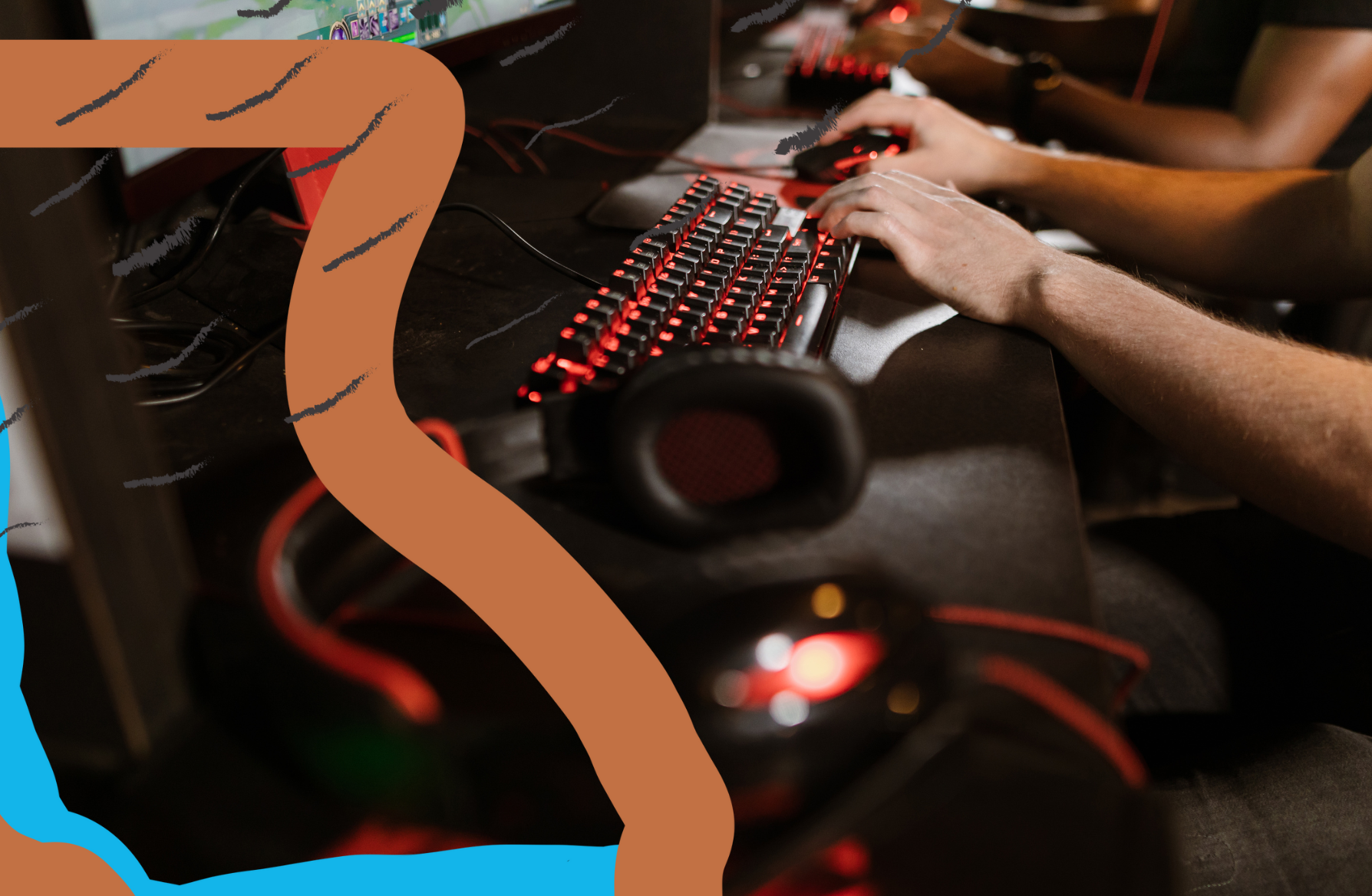Mind Games: The psychological challenges of professional esports

What does it take to succeed in esports? While most players in this emerging industry don’t undertake rigorous physical training, at the professional level players must develop advanced mental skills in strategic thought, improvisation and reaction speed. As the industry builds globally and audience numbers multiply, the stakes are getting higher for players and teams competing in worldwide competition.
In August this year, Australian professional esports team Mammoth achieved a decisive victory in the Grand Final of the League of Legends Oceanic Pro League (OPL) at Rod Laver Arena. After finishing second on the same stage last year, the team decided to reinvent their training and preparation.
ROAM Esports Founder and team manager Ahilleas Papantos explains that it was not an easy journey.
“In the first half of the overall season the team finished fifth, which—given what we had invested to build a top team— was a disaster. It was also a disaster for the players, who had huge expectations for themselves.”
Mammoth brought in Michael Inglis, lead Sport and Performance Psychologist at The Mind Room, to reinvigorate the culture of the team:
“Together we set the cultural ‘rules’ for what Mammoth was all about and that came down to things like being a brotherhood and always making sure we’re prepared to our absolute best for matches.”
The Mind Room was a part of a broader plan to support the wellbeing of the players ‘beyond League of Legends’ that also includes a balanced nutrition plan and regular physical exercise.
Maintaining a strong sense of comradery is pivotal to Mammoth’s philosophy and they employ a strategy they call ‘hiveminding’ to establish their game plan democratically. Much like a football team, this involves a team huddle where members share what they think their opponents will offer up and give their input on how best to outmaneuver them. This ensures each player is contributing and valued.
Michael Inglis worked closely with the team in the lead up to their victory, with preparations relying less on in-game tactics and more on building ‘mental toughness’:
“The first thing you have to do is identify your team identity, your team values. I teach them about emotions because emotions are the primary thing that pulls them away from their values. We then develop strategies to remain values-focused. You can’t remain values-focused if you aren’t clear about what they are and how to act them out.”
While esport was a new arena for Michael, he says the psychological challenges faced by players at the elite level are similar to traditional sporting codes. Resilience, process and values, Inglis says, strengthen team communication and improves their performance while under pressure. In turn, this can ward off creeping feelings of self-doubt and guilt that distract players from their objective.
“In terms of their performance this year I think psychologically [this preparation] will give them the opportunity to play at their best. It doesn’t guarantee it, but it gives them the opportunity.”
The Mammoth team live together in a house in Melbourne’s inner west. Trust-building meetings at their home have become a cornerstone of their program. Every week they meet to enjoy quality time, check-in with their values, evaluate how well they are adhering to them, and make space for open grievance resolution. The empathy they afford one another outside of the gaming arena then allows them to support each other in matches with greater understanding.
With attention now shifting to the World Championships in Berlin in October, the players are preparing to travel to Paris for training. As the pressure builds, the team are focused on maintaining presence: not looking back or forward, trying to ignore the hype and focus on the now. Instead of asking what outcomes the players want to achieve, Michael Inglis has encouraged them to focus on how they want to be as players. This shift from outcome- to ‘process-focused’ development keeps players motivated and learning in a way that does not rely on or create levels of stress that can lead to burn out.
Manager Ahilleas Papantos is excited for the future of Mammoth and global esports.
Ahilleas Papantos“I believe that video games and esports is the future of fun and this current wave of global gaming mania is just the tip of the iceberg."





